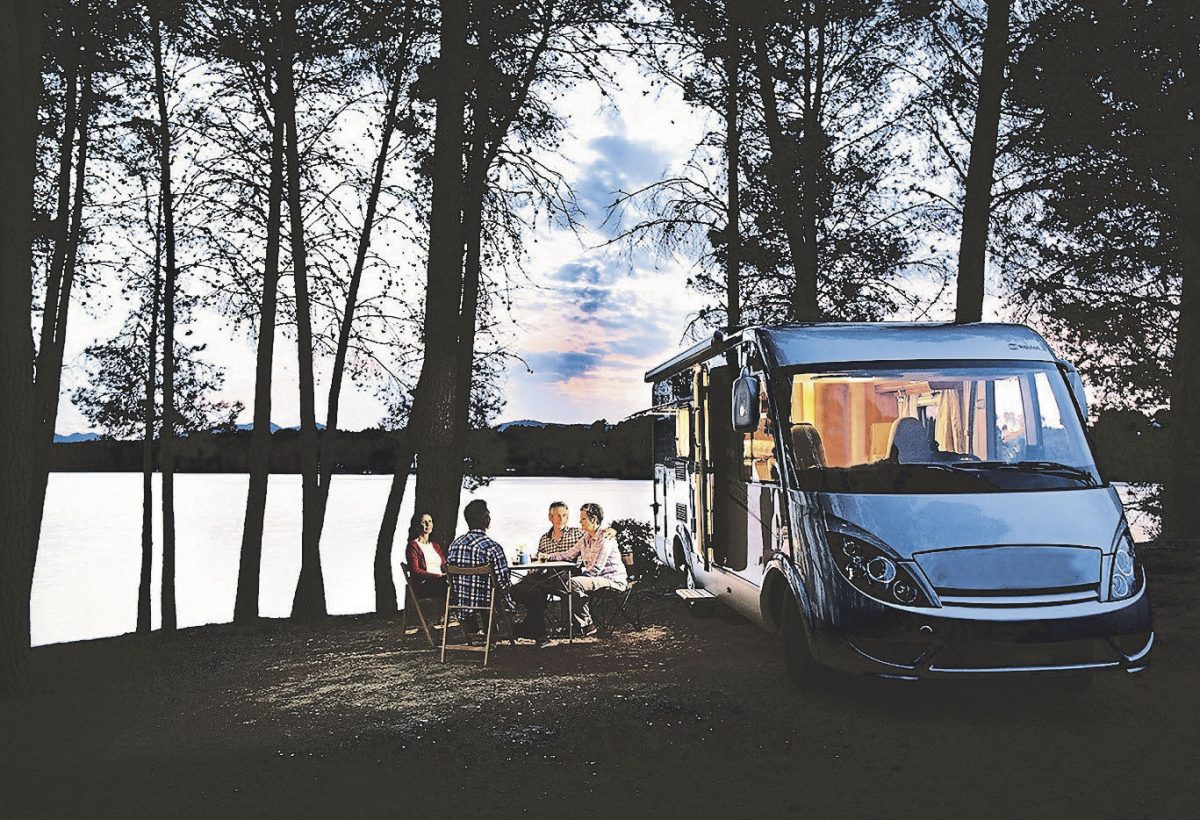A recreational vehicle, also known as an RV or a camper, can be a worthwhile investment for people who want to travel at their leisure. RVs offer the benefit of traversing the open road without having to sacrifice the comforts of home.
The RV market has been hot over the last couple of years as people have looked to RVing as a safe way to travel. According to the RV Industry Association, shipments of travel trailers and motorhomes were expected to hit their highest level on record in 2021, with more than 533,000 units sold by year-end.
Sizable purchases are seldom easy, and purchasing an RV is no exception. In addition to choosing the right vehicle, RV owners must learn maintenance, how to drive a large vehicle, towing, and campsite etiquette. Buying an RV is a long-term investment. These pointers can help the purchase go smoothly.
New or used?
Purchasing a used RV can help people save money. However, upgrades and repairs may be costly. New RVs have the latest technology and no risk of prior wear and tear. Insurance premiums will be higher for a new vehicle, and a new purchase can be expensive depending on the features chosen.
Figure out features and size
Take a hard look at what you are seeking in a camper. Do you want something that is just an alternative to tent camping? Are you interested in an RV that can sleep a crowd? Do you have a tow hitch and a vehicle capable of towing an RV? These questions and more will determine the style and size of the RV that’s right for you. Class A RVs are large, bus-shaped rigs between 20 and 45 feet in length. Class B are sleeper vans and are smaller than Class A. Class C rigs offer size but driveability and are built into a regular truck chassis. For trailer-style RVs, the options are foldable trailers, travel trailers, toy haulers, and fifth wheel trailers. They vary in size and features; but you’ll need a truck to tow them.
Usage frequency
When considering an RV, think about how often it will be used and where it will be stored when not in use. Garage storage may be challenging on a larger rig, and some housing communities frown upon parking RVs in driveways. This may affect the size you choose as well as the features you need, according to KOA, the RV camp site leader.
Secure financing
As with other vehicles, shop around for the best rates on financing; you don’t necessarily need to go with the dealer. Also, when buying a trade-in or used rig, hire a third-party inspector to go over systems to ensure they’re in working order.
These are just a few things to consider when looking to purchase an RV. Buyers should do their homework to get a vacation vehicle that fits their needs and budgets.
RV buyers’ guide
April 28, 2022
Buying an RV is a long-term investment. These pointers can help the purchase go smoothly.

